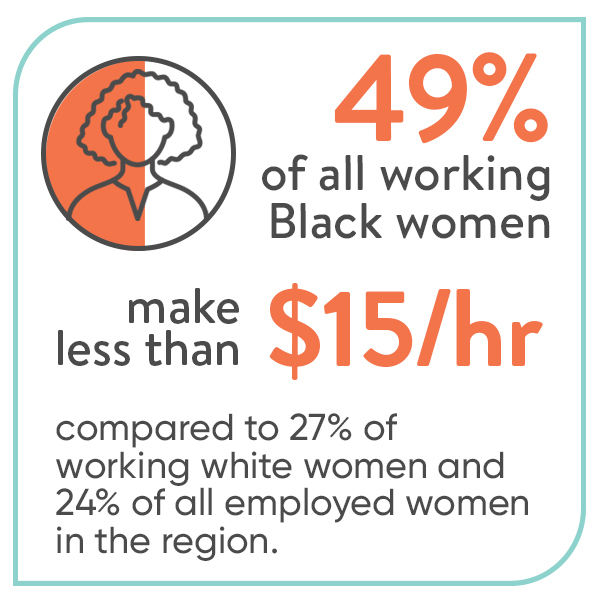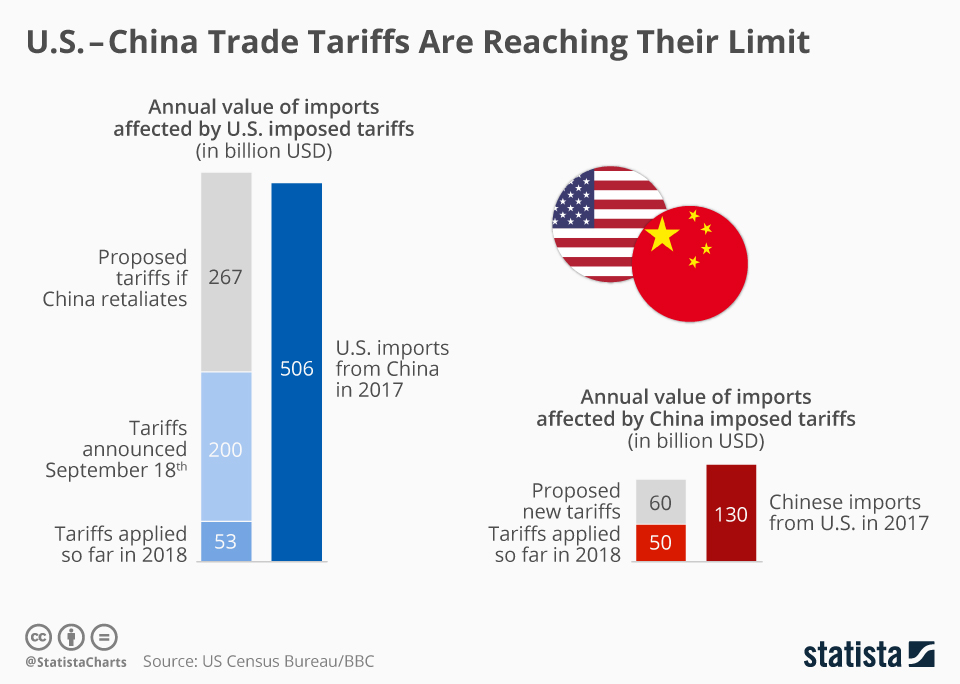Entrepreneurialism is revolutionizing the way we view work, marking a significant shift in the American economic landscape. In the book “Make Your Own Job,” Erik Baker delves into the effects of entrepreneurialism on personal fulfillment and job satisfaction, reflecting the desire to create one’s own path in today’s world. The entrepreneurial spirit has become a rallying call for many, including a diverse range of individuals from freelancers and sidepreneurs to corporate innovators and self-employed professionals. This movement emphasizes not only the act of starting a business but also the fundamental principles of business management and self-employment, encapsulating the essence of making your own opportunities. As we navigate the complexities of modern employment, the conversation around entrepreneurialism becomes increasingly relevant, revealing both the inspiring potential of personal agency and the daunting pressures it can impose.
Entrepreneurship, self-employment, and the drive to innovate have reshaped the workforce dynamic, leading to a broader understanding of career paths. This paradigm shift encourages individuals to seize control of their professional lives, creating opportunities that align with their passions and skills. Instead of relying solely on traditional employment, the movement toward making one’s own job fosters a culture of personal responsibility and resilience in the face of economic challenges. As workers redefine their roles within business management frameworks, they embrace the idea of becoming their own bosses. The impact of this entrepreneurial culture is profound, as it not only cultivates a proactive mindset but also questions the conventional metrics of success in today’s evolving job market.
The Rise of Entrepreneurialism in America
Entrepreneurialism has dramatically redefined the American work landscape over the past century. Beginning in the late 19th century, with the decline of traditional manufacturing jobs, Americans began to seek autonomy through entrepreneurship. As mechanization advanced and firms shifted towards efficiency, many found themselves out of work, prompting a cultural shift towards self-employment and small business creation. This transformation not only fostered an innovative spirit but also emphasized personal initiative as key to career fulfillment.
As identified by Erik Baker in his work “Make Your Own Job,” the shift towards entrepreneurialism is deeply linked to the desire for meaning in work. The traditional notion of secure jobs was replaced by a craving for personal expression and fulfillment through entrepreneurial ventures. This change nurtured a robust entrepreneurial spirit, encouraging individuals from diverse backgrounds to seek opportunities that align with their passions, ultimately solidifying self-employment as a valued option.
Exploring the Entrepreneurial Spirit
The concept of an “entrepreneurial spirit” encapsulates the drive that motivates individuals to forge their paths amid uncertainty. Characterized by creativity, resilience, and a willingness to innovate, this spirit has fostered a culture where taking risks is not only acceptable but celebrated. In today’s economy, this mindset propels countless solopreneurs and gig-workers who view their careers through the lens of entrepreneurship, carving out unique niches in a fluid market.
Embracing an entrepreneurial spirit means recognizing that conventional employment structures may not suffice for everyone. The surge of technology and social media has empowered a new generation of creators, from influencers to app developers, who embody this ethos. They are shaping the future of work, proving that one can thrive without adhering to traditional employer-employee roles, reaffirming that the self-made reality of “Make Your Own Job” is increasingly attainable for many.
The Effects of Entrepreneurialism on Work Culture
The effects of entrepreneurialism on work culture have been profound, shifting the dynamics of workplace relationships and job definitions dramatically. Where traditional workplaces emphasized hierarchy and routine, the rise of entrepreneurial ideals has fostered environments that value creativity, collaboration, and flexibility. Employees are now encouraged to think like entrepreneurs, taking initiative and proposing innovations that enhance productivity. This cultural shift also sees organizations investing in personal development, understanding that a motivated workforce is crucial to business success.
Additionally, entrepreneurialism encourages a mindset of continuous improvement and learning. Workers are no longer just cogs in a machine; they are active participants in their careers, often expected to develop their own skills rather than rely solely on employer-led training. This evolution creates a more agile workforce capable of adapting to economic changes, promoting resilience amid challenges that traditional employment could not easily withstand.
Understanding Self-Employment in Today’s Economy
Self-employment has gained momentum in recent years, fueled by advancements in technology and changing societal expectations. Many individuals now opt for freelance or independent contractor roles, seeking the freedom to define their work-life balance. Moreover, self-employment allows individuals to utilize unique skills that may not fit within a conventional job description, creating tailored career paths that align with personal interests and market needs.
However, this rise in self-employment is not without its challenges. The pressure to constantly market oneself can lead to stress and uncertainty about future income and job security. As Baker highlights, the quest for entrepreneurial success can sometimes feel overwhelming, requiring self-employed individuals to maintain an ever-watchful eye on emerging trends while managing the inherent risks of entrepreneurship.
Business Management and the Entrepreneurial Shift
Business management has greatly evolved alongside the entrepreneurial movement, shifting from traditional top-down approaches to more inclusive, innovative management styles. The notion of ‘entrepreneurial management’ signifies a transition where leaders focus on inspiring their teams rather than merely overseeing operations. This new framework encourages employees to act like entrepreneurs within organizations, fostering creativity and promoting a collaborative environment that empowers people to take ownership of their work.
As Baker points out, effective business management today recognizes that employees thrive when they feel valued and engaged. By nurturing an entrepreneurial spirit within teams, managers can create a culture that fosters innovation and productivity. This convergence of entrepreneurialism within business management paves the way for organizations to adapt more swiftly to market changes, ensuring their continued relevance in a rapidly changing economy.
Technology’s Role in Fostering Entrepreneurialism
In the digital age, technology has become a powerhouse for fueling entrepreneurialism. With the rise of social media platforms, e-commerce, and gig economy applications, individuals now have unparalleled access to resources that can help launch and sustain their businesses. From online marketplaces that facilitate sales to digital marketing tools that enhance visibility, technology bridges the gap between ambition and achievement for aspiring entrepreneurs.
Moreover, technology empowers individuals to find their niche and connect with audiences directly. Many entrepreneurs harness tools like search engine optimization (SEO) and social media engagement to build brand awareness without needing large budgets. This democratization of business resources allows more people to embrace the entrepreneurial spirit, creating diverse opportunities that were once confined to established corporations.
Overcoming Challenges in the Era of Entrepreneurialism
While entrepreneurialism offers many opportunities, it also presents a unique set of challenges that individuals must navigate. The pressure to succeed in a competitive marketplace can be daunting, and the fear of failure looms heavy for many self-employed professionals. As observed by Baker, this persistent anxiety about maintaining a steady stream of work can detract from the enjoyment and creative satisfaction that many entrepreneurs seek in their careers.
Additionally, the landscape of self-employment is often riddled with unpredictability. Income fluctuations, inconsistent client acquisition, and the necessity for constant adaptation to market trends can be overwhelming. However, facing these challenges head-on often cultivates resilience and resourcefulness—traits that not only define successful entrepreneurs but also enrich their personal and professional development.
The Importance of Networking in Entrepreneurial Ventures
Networking has become an indispensable component of entrepreneurial success in today’s interconnected world. Building a robust professional network can provide invaluable resources, mentorship, and collaboration opportunities that self-employed individuals might not achieve in isolation. As the entrepreneurial spirit thrives on innovation and shared knowledge, engaging with a community of like-minded individuals can open doors to new ideas and partnerships.
Effectively leveraging networking channels, from local business groups to online platforms, allows entrepreneurs to tap into a wealth of experience and support. Consequently, each connection made can lead to exciting opportunities that enhance business growth and personal development. In a climate where innovation is crucial, cultivating a strong network is vital in sustaining the momentum of one’s entrepreneurial journey.
Future Trends in Entrepreneurialism
Looking ahead, the future of entrepreneurialism is poised for further evolution as societal needs and technological advancements continue to reshape the economy. Trends like sustainability, remote work, and digital innovations are defining a new era for entrepreneurs, compelling them to adapt their strategies to stay relevant. As more people recognize the importance of ethical practices, the entrepreneurial narrative is shifting towards businesses that prioritize social impact alongside financial gain.
Moreover, the integration of artificial intelligence and automation into business operations will likely create new opportunities for entrepreneurial ventures. Understanding how to leverage these technologies for efficiency and customer engagement will be crucial for future entrepreneurs looking to make their mark. In this rapidly evolving landscape, maintaining an entrepreneurial spirit will be essential for those who aim to thrive amid both challenges and opportunities.
Frequently Asked Questions
What are the effects of entrepreneurialism on the modern workforce?
The effects of entrepreneurialism on the modern workforce are profound, leading to a shift from traditional employment to a more flexible job landscape where individuals often create their own opportunities. This transformation encourages self-employment, fosters creativity, and emphasizes the importance of adaptability and innovation in business management.
How does the entrepreneurial spirit influence job creation?
The entrepreneurial spirit drives job creation by inspiring individuals to identify gaps in the market and pursue innovative solutions. This mindset encourages people to ‘Make Your Own Job’ rather than rely solely on established corporate structures, thereby enhancing economic diversity and resilience.
What role does self-employment play in entrepreneurialism?
Self-employment is a cornerstone of entrepreneurialism, allowing individuals to leverage their unique skills and passions to build personalized career paths. This trend emphasizes autonomy, innovation, and the pursuit of fulfilling work, radically redefining traditional career trajectories.
How has entrepreneurialism changed business management practices?
Entrepreneurialism has significantly influenced business management practices by shifting focus from traditional hierarchical structures to collaborative, team-oriented environments. This evolution fosters an atmosphere where employees feel empowered and motivated, aligning personal ambition with organizational goals.
Why is the concept of ‘Make Your Own Job’ important in today’s economy?
The concept of ‘Make Your Own Job’ is crucial in today’s economy as it empowers individuals to create their own employment opportunities amidst economic uncertainty. This approach not only helps combat unemployment but also cultivates a culture of innovation and entrepreneurship that is vital for economic growth.
How does the rise of entrepreneurialism relate to technological unemployment?
The rise of entrepreneurialism is closely related to technological unemployment, as advancements in technology have rendered certain jobs obsolete. In response, individuals have turned to entrepreneurial ventures to adapt and thrive in a rapidly evolving job market, highlighting the importance of resilience and innovation.
What motivates individuals to embrace entrepreneurialism?
Individuals are motivated to embrace entrepreneurialism for various reasons, including the desire for autonomy, the need for meaningful work, and the potential for financial independence. This intrinsic motivation often drives people to explore self-employment and innovative business solutions.
How does entrepreneurialism foster creativity and innovation?
Entrepreneurialism fosters creativity and innovation by encouraging individuals to think outside the box and pursue unique solutions to industry challenges. This culture not only values new ideas but also supports risk-taking and experimentation, essential components of successful entrepreneurship.
What impact has entrepreneurialism had on traditional employment sectors?
Entrepreneurialism has disrupted traditional employment sectors by fostering a gig economy and increasing the prevalence of freelance work. This impact challenges conventional notions of job security and benefits, leading to a more dynamic and flexible labor market.
In what ways does entrepreneurialism address economic disparities?
Entrepreneurialism addresses economic disparities by providing avenues for individuals from various backgrounds to engage in self-employment and business creation. This inclusivity can empower underrepresented groups, promote economic mobility, and stimulate local economies.
| Key Points |
|---|
| The concept of entrepreneurialism has transformed the American work landscape, affecting various roles from traditional business founders to gig economy workers. |
| Erik Baker’s book “Make Your Own Job” examines how this shift reflects a new relationship with work and self-identity among Americans. |
| Historically, entrepreneurialism grew during economic downturns, notably after the 19th-century industrialization changes led to technological unemployment. |
| From a focus on hard labor, the emphasis shifted to utilizing individual skills and ambition, reflected in early 1900s management philosophies. |
| The Great Depression popularized ‘odd jobs’ and individual entrepreneurship as a means of survival and self-employment. |
| In the mid-20th century, psychologists like Abraham Maslow advocated for the importance of entrepreneurial spirit in society. |
| By the late 20th century, the focus shifted to finding meaningful work, as leaders encouraged viewing work as a source of enlightenment. |
| Today, entrepreneurialism is synonymous with risk-taking, leading to increased anxiety and a feeling of being constantly under pressure. |
Summary
Entrepreneurialism has become a defining characteristic of the modern workforce, reshaping how individuals view their roles in the economy. As illustrated by Erik Baker in “Make Your Own Job,” this shift signifies more than just starting businesses; it encompasses a broader cultural embrace of self-determination and creativity in work. However, the constant pressure to innovate and succeed can lead to stress and dissatisfaction, prompting a critical examination of what it means to pursue one’s passion in today’s rapidly changing job market. Understanding the implications of entrepreneurialism is crucial for navigating the complexities of contemporary work environments.



